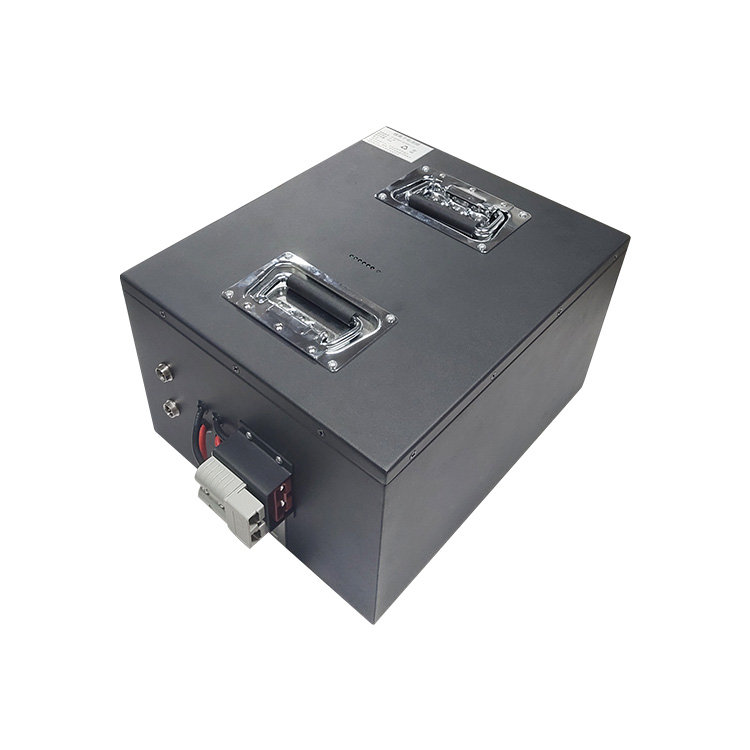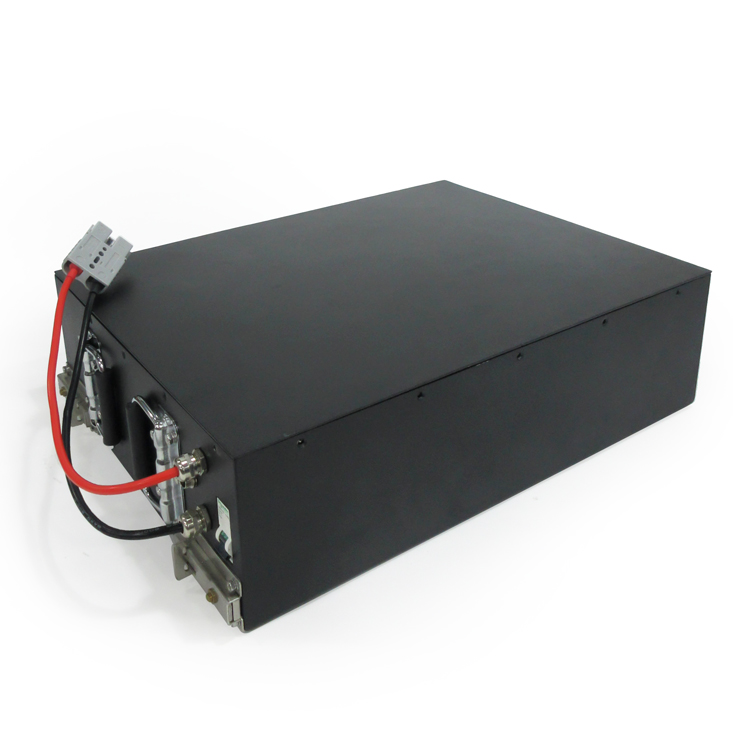Analysis of 7 Functions of Power Battery BMS
The power Battery Management System (Battery Management System,BMS) is a vital component in the power Battery System. Its functions include monitoring, protection, balance, communication and other aspects of the Battery. This article will deeply analyze the seven functions of power battery BMS to help readers better understand its application in power Battery the importance and function of the system.
1. Battery status monitoring
BMS can monitor the voltage, current, temperature and other parameters of the battery pack in real time to help users understand the working status and health status of the battery. By monitoring the battery status, problems can be found in time and corresponding measures can be taken to ensure the safe and stable operation of the battery pack.
2. Battery protection function
BMS has the function of battery protection, which can monitor abnormal conditions such as overcharge, overdischarge and overtemperature of the battery pack, cut off the power supply in time or take other protective measures to prevent battery damage or safety accidents.
3. Battery balance control
during the charging and discharging process, the battery packThere may be voltage differences between different single batteries, which will affect the overall performance and life of the battery pack. BMS can balance the battery to ensure that the voltage between each single battery remains balanced and prolong the service life of the battery pack.
4. Charge and discharge management
BMS can manage the charge and discharge of the battery according to user requirements and battery characteristics, and control the charge and discharge current and voltage to improve the efficiency and stability of the battery.
5. Temperature management
battery temperature has an important influence on battery performance and service life. Too high or too low temperature will affect battery safety and performance. BMS can monitor the temperature of the battery and control the charging and discharging rate to avoid battery aging or safety problems caused by too high temperature.
6. Fault diagnosis and alarm
BMS can monitor the working status of the battery system in real time, find faults in time and diagnose them. At the same time, BMS can also send out alarms or alarm signals to remind users to pay attention and take corresponding countermeasures to ensure the safe operation of the battery system.
7. Data communication and remote monitoring
BMS can communicate with external systems, transmit battery monitoring data and status information, and realize remote monitoring and control of battery systems. Through the data communication function, users can monitor the battery status anytime and anywhere, adjust the charging and discharging strategy in time, and improve the efficiency and safety of the battery system.
Power Battery BMS plays a vital role in power battery system. Its seven functions include battery status monitoring, battery protection, battery balance control, charge and discharge management, temperature management, fault diagnosis and alarm, data communication and remote monitoring. These functions ensure the safe, stable and efficient operation of the battery system.
 Dongguan Juneng New Energy Technology Co., Ltd.
Dongguan Juneng New Energy Technology Co., Ltd.
 137 5142 6524(Miss Gao)
137 5142 6524(Miss Gao)
 susiegao@power-ing.com
susiegao@power-ing.com
 Xinghuiyuan High tech Industrial Park, Dalang Town, Dongguan City, Guangdong Province
Xinghuiyuan High tech Industrial Park, Dalang Town, Dongguan City, Guangdong Province













 Yue Gong Wang An Bei No. 4419002007491
Yue Gong Wang An Bei No. 4419002007491